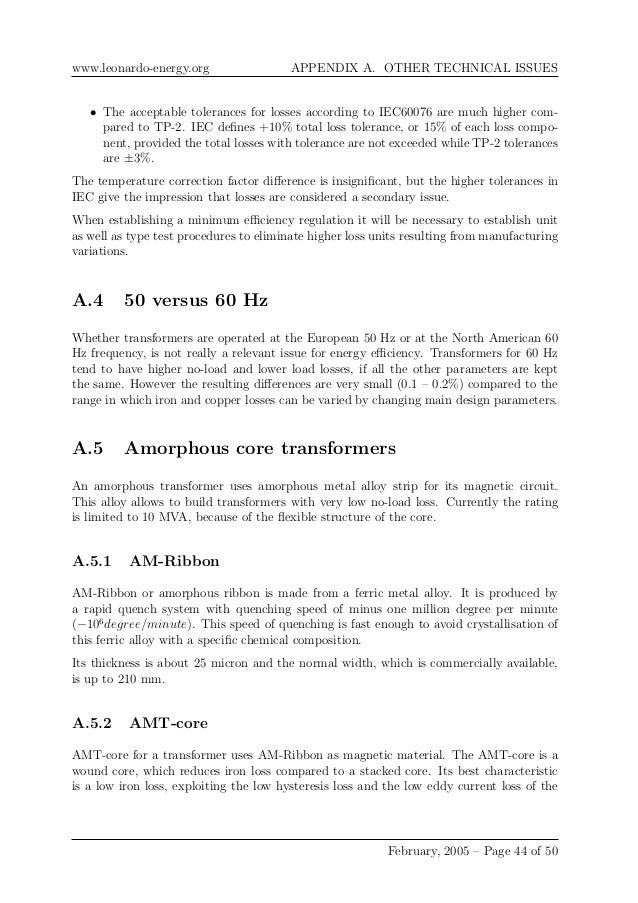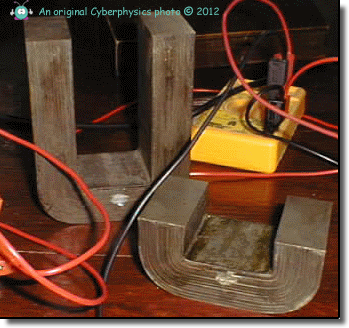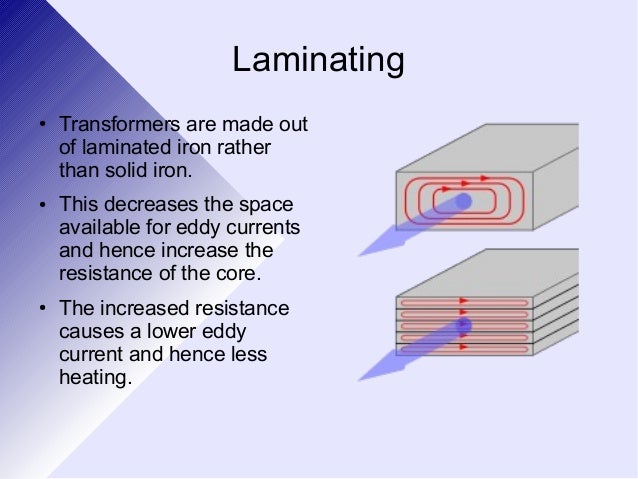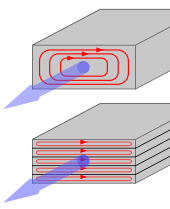When handling transformers with the core exposed care should be taken not to break the insulating integrity of the core.
Iron core power transformer is laminated to reduce.
Eddy current losses are proportional to the frequency and magnitude of the current in the core of the transformer.
Power factors of both the transformers will be same.
The eddy currents cause energy to be lost from the transformer as they heat up the core meaning that electrical energy is being wasted as unwanted heat energy.
A transformer core is laminated to a reduce hysteresis loss b reduce eddy current losses c reduce copper losses d reduce all above losses.
Eddy current is induced in core and circulates normal to the width of the core causing heat.
The core is made from e and i lamination.
Question is a transformer core is laminated to options are a reduce hysteresis loss b reduce eddy current losses c reduce copper losses d reduce all above losses e leave your comments or download question paper.
Laminating the iron core eddy current losses within a transformer core can not be eliminated completely but they can be greatly reduced and controlled by reducing the thickness of the steel core.
The current flowing through the resistance of the metal heats it by joule heating causing significant power losses.
Laminated transformer core the core of a laminated transformer consists of a stack of punched sheet alloy made of iron and nickel the laminations.
Therefore solid iron cores are not used in transformers or inductors they are replaced by laminated or powdered iron cores or nonconductive cores like ferrite.
For example dropping a transformer on one of its edges on concrete could short the laminates.
The percentage of nickel is adjusted to give a reduced energy loss when the core is magnetised by the magnetic field produced when the primary winding is energised.
Iron core is thin laminated in transformer to avoid the loss of eddy current.
Provide support to windings.
The purpose of providing an iron core in a transformer is to.







